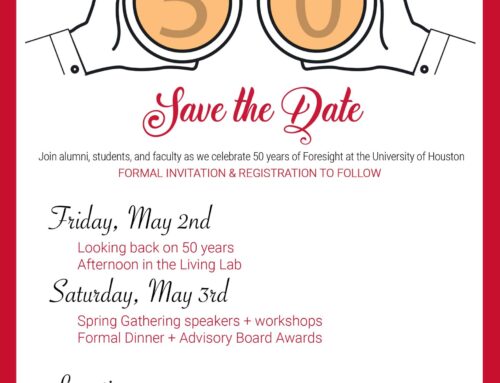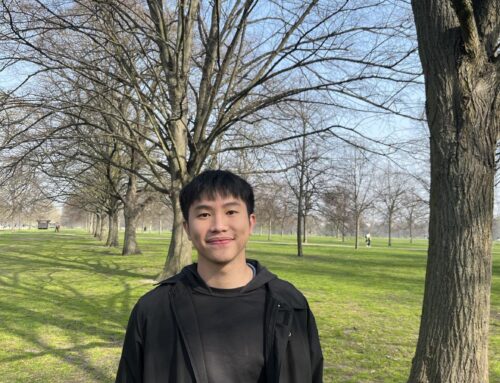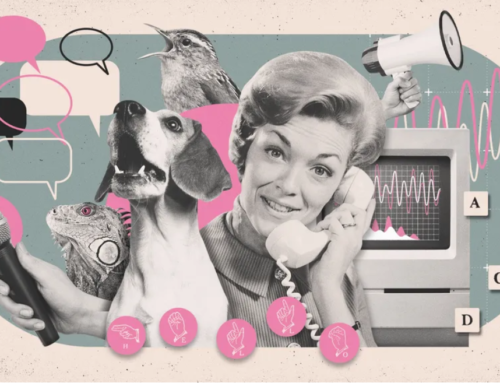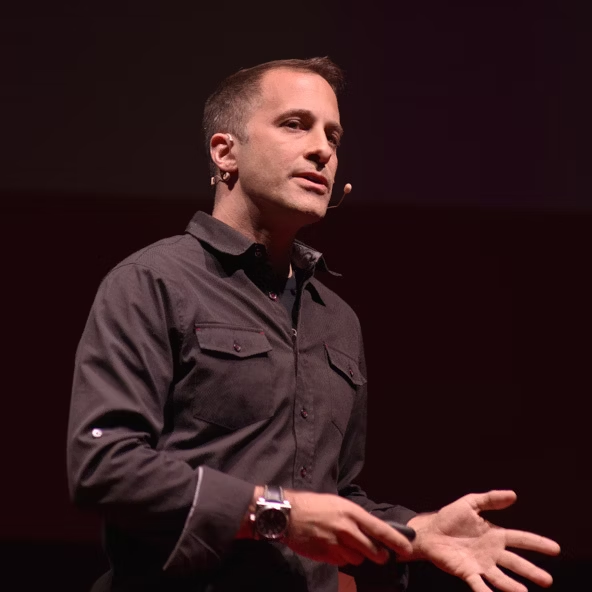Guest Contributor Stephen Dupont, APR, Fellow PRSA
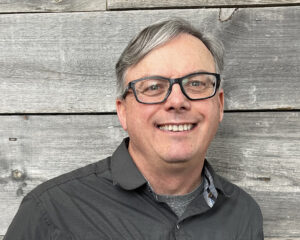 Stephen Dupont, APR, Fellow PRSA, is a professional communicator and foresight strategist based in Minneapolis-St. Paul. He writes and speaks about the intersection between foresight, communications and creativity, and he advises organizations how to communicate the future. He currently serves on the boards of the Association of Professional Futurists (APF) and Teach the Future. He also serves as editor of Compass, an online magazine published by the APF. He is currently seeking his master’s degree in foresight from the University of Houston.
Stephen Dupont, APR, Fellow PRSA, is a professional communicator and foresight strategist based in Minneapolis-St. Paul. He writes and speaks about the intersection between foresight, communications and creativity, and he advises organizations how to communicate the future. He currently serves on the boards of the Association of Professional Futurists (APF) and Teach the Future. He also serves as editor of Compass, an online magazine published by the APF. He is currently seeking his master’s degree in foresight from the University of Houston.
Do you love eating chocolate chip cookies?
I do. I love the smell of them baking in the oven. Then biting into a chewy, gooey warm cookie. Mmmmmm….
I’d like to share a lesson about making chocolate chip cookies that applies to those of us who are thinking about how to market our expertise and build credibility as professional futurists.
Over time, I’ve learned that if you want to consistently make delicious chocolate chip cookies, you need to stick to a proven recipe.
When it comes to chocolate chip cookies, there is one recipe that stands head and shoulders above all others, the Original Toll House cookie recipe on the back of every Nestle semi-sweet chocolate chip package. Follow that recipe – exactly as written – and you’re guaranteed perfect chocolate chip cookies.

Recipe for Marketing Your Expertise; Building Your Credibility
Similarly, there’s a proven recipe for building your expertise and credibility as a professional.
I’ve spent most of my career in public relations and branding, during which I’ve helped dozens of CEOs, CMOs, engineers, architects, medical doctors, and lawyers market their expertise. I’d like to share the recipe I use, proven over 30 years, because I think it will help you build your expertise and credibility as a foresight professional.
The Recipe
Marketing one’s expertise and building credibility is not a short-term fix. It’s a long-term strategy. I’ve broken this recipe into eight steps, which you can apply yourself.
- Set Your Goals/Make a Plan – How do you want to position yourself? Example: “I want to be a highly respected foresight professional in my organization and in my industry (healthcare). Then, set your goals and create a plan that fulfills that goal. This might mean being a speaker at an industry conference, being interviewed on a news program, or publishing a best-selling book.
- Identify your origin story/impact – My friend, Mark Mohammadpour, a PR professional from Portland, Oregon, talks about his journey in creating Chasing the Sun, a consulting firm that advocates for mental and physical wellbeing among communications professionals. For him, it started when he lost 150 pounds and embarked on a journey of a less stressful, healthy lifestyle. Question: What brought you into foresight? What do you want your impact to be?
- Identify a niche – Identify a niche where you can stand out. Could you merge your knowledge of another field (healthcare, military, politics) with your knowledge of foresight? Is there a specific topic/issue that you’re passionate about – such as death, sex/intimacy, climate change, etc. Focus on a niche then look to gradually expand into other niches.
- Conduct your own research – The gold standard of being recognized as an expert is conducting your own research. This is why university professors are often interviewed on local and national TV. When American journalist Po Bronson wrote his book, What Should I Do With My Life?, he interviewed more than 100 people across the U.S. about this question. Allan Lichtman, a history professor at American University created a system called the “13 Keys,” to forecast U.S. presidential elections. What research could you do that you could call your own?
- Create your content – Writing is the first place to start in expressing your knowledge about a specific issue or topic. Start by writing an article that expresses your expertise on a certain topic. You also can express your expertise in other forms, such as a book, a white paper, a research report (a trends report). From there, branch out to other types of content, such as videos or a podcast.
- Build your infrastructure – Help people (potential customers, event organizers, editors, etc.) find you. Consider starting a website. Leverage your LinkedIn page to share your insights. Some organizations may give you a bio page on their website. Publish on Substack or Medium, or start an e-newsletter.
- Ladder up – Those new to a field will need to work their way up when it comes to media coverage. Start with getting published in a non-peer reviewed foresight magazine, then aim for a peer-reviewed magazine. Later on, an article in a trade industry magazine. The gold standard is the Harvard Business Review. This tends to apply to speaking engagements, too.
- Share your voice (market your content) – You don’t have to be published in a magazine to start sharing your voice as an expert on a particular issue or topic. You can start by posting an article on LinkedIn. You could write an article for the Houston Foresight program’s blog. The point is, just start.
We’re Not All Going to be Next Amy Webb, Nor Should We Be
How do you know all of this is working? You’ll start to get comments from your professional peers that they read your article or maybe you’ll be invited to speak on a panel at a conference. Stick with it, and it will keep growing.
I’d like to make it very clear that we should not place Amy Webb, and other well-known futurists like her, up on a pedestal as the zenith what a successful futurist should be. Some of us will continue to pursue futures through an academic career. Some as corporate futurists or foresight consultants. And some of us will leverage our foresight expertise in our existing careers.
Regardless of whatever path you choose the fact that you chose to get an M.S. or a certificate in foresight and seek to apply it in your own unique way, will, I believe, help make this world a better place.
Cookies are about joy and cookies are about sharing. Whatever path you take, I hope you feel joy and happiness in sharing your expertise. It is a gift, and there are people who need you to share your gift and are waiting to receive it.
Now, how about a chocolate chip cookie?


